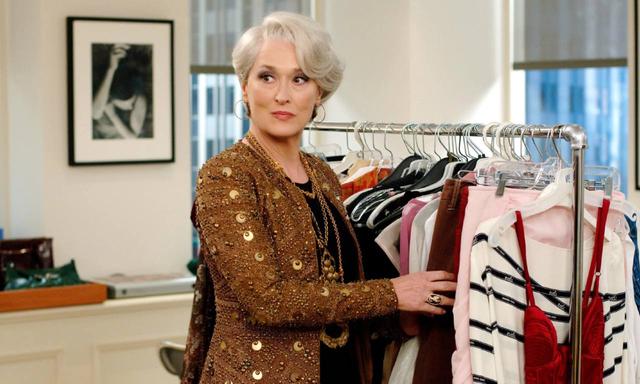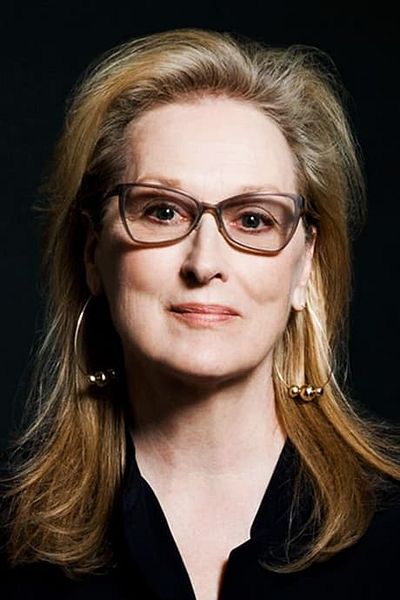Method acting as the villain of 'The Devil Wears Prada' took such a toll on the Oscar-winning actor that she never did it with such intensity ever again.
Meryl Streep has said that playing Miranda Priestly in 'The Devil Wears Prada' made her "so depressed".
In case you weren't aware you glacial-paced people, it's been 15 years since the comedy/drama burst onto our screens, creating one of the finest - and well-dressed - movie villains of all time (although some would argue that Nate is the real villain of the piece).
In the recent movie reunion for Entertainment Weekly, stars Meryl Streep, Anne Hathaway, Emily Blunt, Stanley Tucci, and Gisele Bündchen al returned to reflect on the *ahem* groundbreaking movie all these years later.
Meryl Streep revealed during the reunion that her method acting as Miranda Priestly ensured that she never underwent such rigorous devotion to a character ever again. She said she was "depressed" while on set with the rest of the actors because of it.
"It was horrible! I was [miserable] in my trailer," Streep said about the experience. "I could hear them all rocking and laughing. I was so depressed! I said, 'Well, it’s the price you pay for being boss!' That’s the last time I ever attempted a 'Method' thing."
Her co-stars Anne Hathaway and Emily Blunt also noted Meryl's absence from set at times. Blunt said: "Meryl is so gregarious and fun as hell, in some ways it wasn’t the most fun for her having to remove herself. It wasn’t like she was unapproachable; You could go up to her and say, 'Oh my God, the funniest thing just happened,' and she’d listen, but I don’t know if it was the most fun for her to be on set being that way."
Hathaway reflected that although Meryl was method acting, she never felt intimidated by her presence. She added: "I always felt cared for. I knew that whatever she was doing to create that fear, I appreciated [because] I also knew she was watching out for me.
"There’s this scene where [she says], 'You’re just as disappointing as the rest of those silly girls.' I remember when the camera turned on me, the pressure really got to me, and I’d had such emotional fluidity in the day up to that point, but it just wasn’t there anymore. I remember having the experience of watching [her] watch me, and [she] altered [her] performance ever so slightly, and just made it a little bit different, and brought more out of me and got me to break through whatever barrier I had."
That's all.





















































































